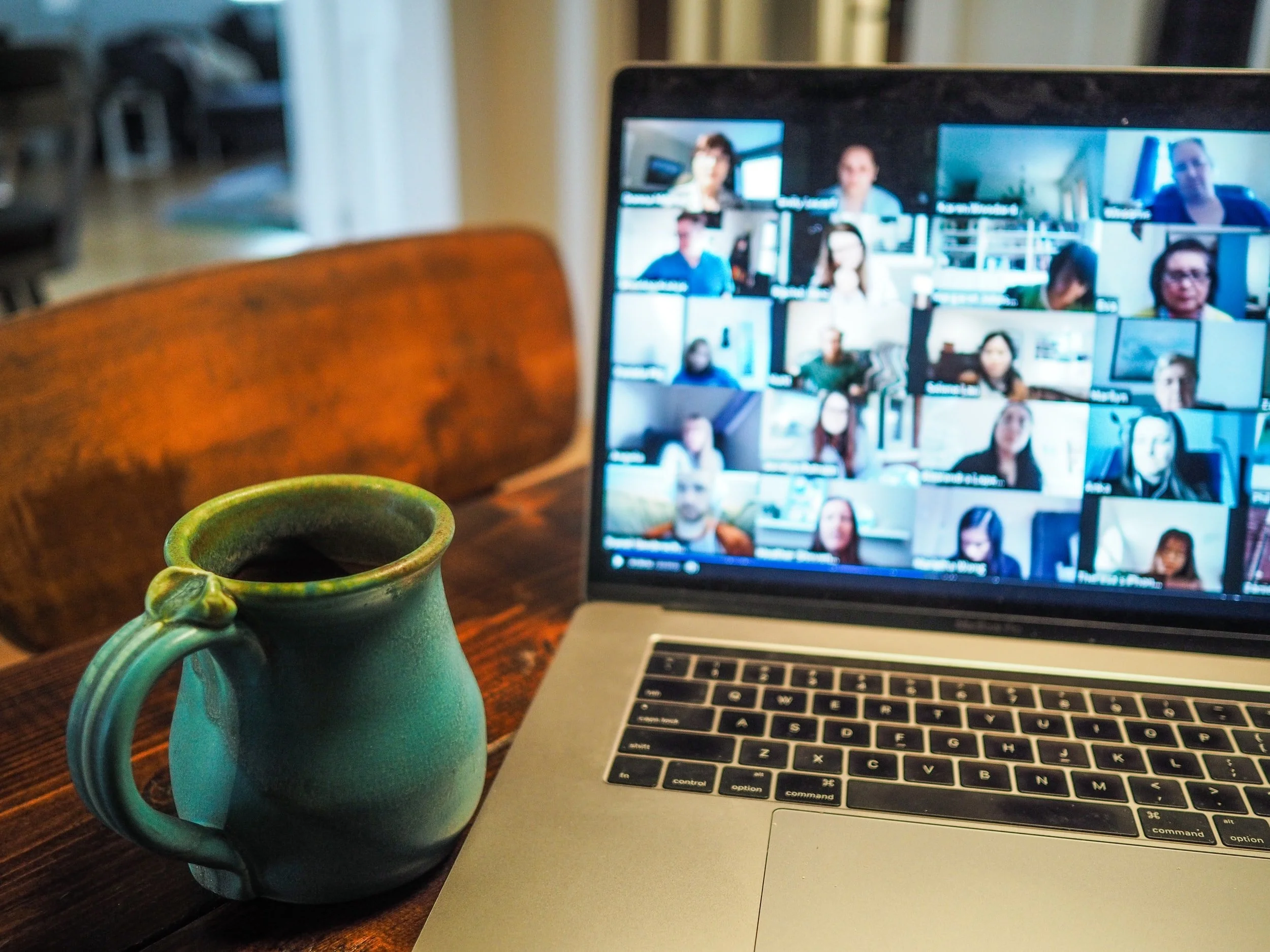Does the UK work too hard?
So, what do we think, does the UK work harder than most other European countries? It would appear from most of the research yes, we do. The primary reason for this is that generally most of the population are unhappy, stressed and working long hours. Now is this all to do with the employer? Or is it all to do with the employee? Or is it a combination of the both?
I think the latter is true, we all have a role to play in workplace wellbeing. Yes there needs to be structure, education, policies, culture and investment from a financial perspective from the companies, but there also has to be willingness from the employee to engage and look after them selves more effectively.
In the UK we have a culture of working on average 10 hours per day. This is 20 more hours per week than Sweden who are known for their progressive approach to work life balance.
In Gothenburg’s Sahgrenska Hospital in Sweden which is one of Europe’s largest hospitals. They did a pilot where they took 89 Doctors and Nurses and reduced their working hours to 6 per day.
Now they did have to employ 15 more staff members to cover the workload. However, the move re-energised the staff and their productivity levels increased meaning that they performed 20% more surgical procedures. This is work that would have ended up in other hospitals therefore increasing the revenue of the hospital as well as decreasing sickness absences.
Now I am not saying that organisations need to take this approach, however since COVID flexible working is more accepted in many businesses, giving people the ability to find that balance that works for them. It’s not about working harder and longer it’s about working harder and spending more time working on hour happiness levels.
But how can businesses achieve this. Well, it’s through a wellbeing strategy, having policies and procedures that are followed and communicated well to all members of staff. Training of line managers to critical as well as other training and education for all staff. Clear signposting to support and having a culture of open, honest, and respectful communication throughout the organisation hierarchy.
Resilience training and coaching is one of the key ways to achieve a happy more loyal and productive workforce. If businesses provide the support, then it becomes the employee’s responsibility to embrace that support and make the positive changes for themselves.
COVID has brought so many opportunities for businesses to try something different. To review where they are in terms of productivity and where they make a difference.
Thanks for listening.
Claire Bennett
Mental Health & Wellbeing Consultant


